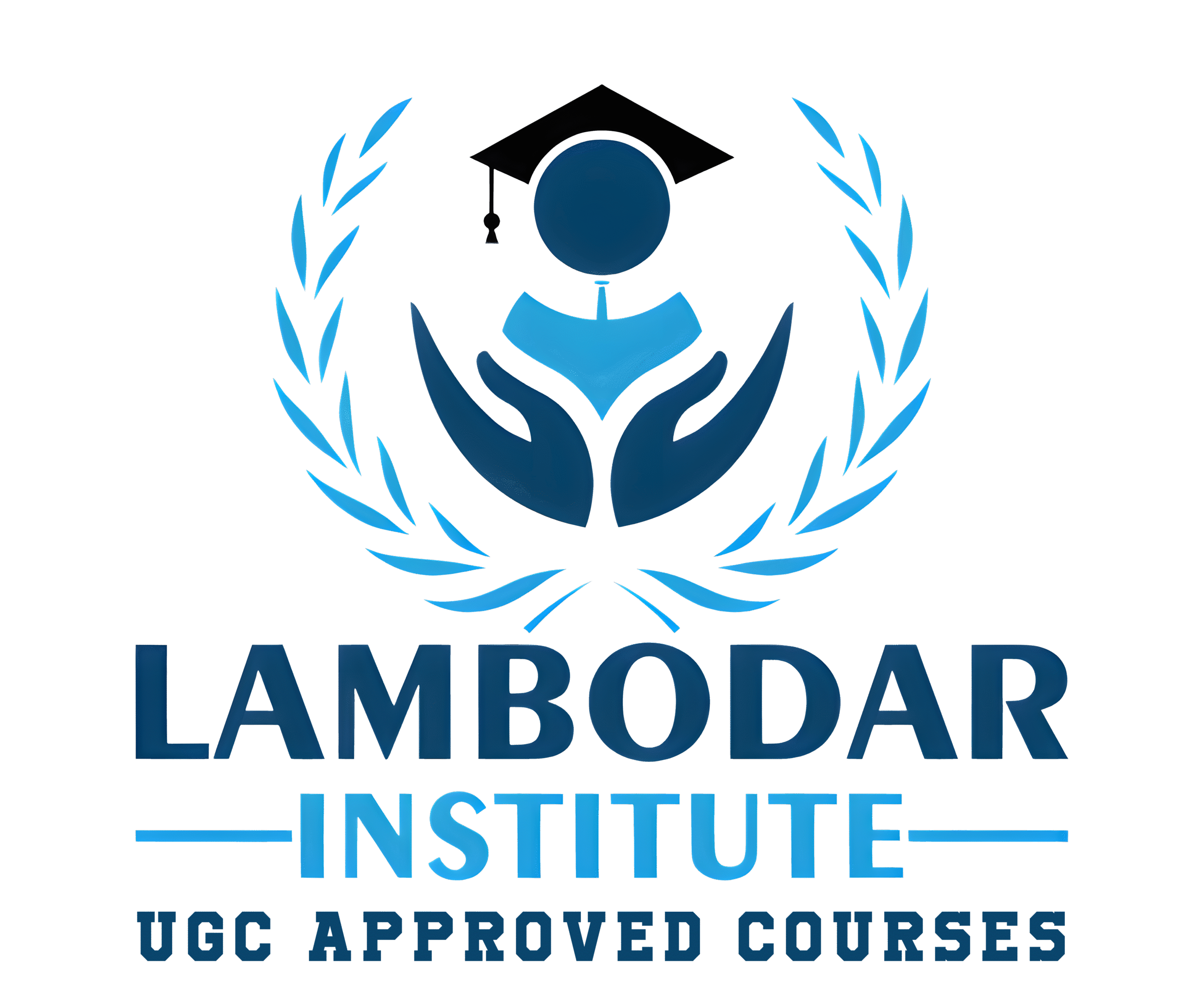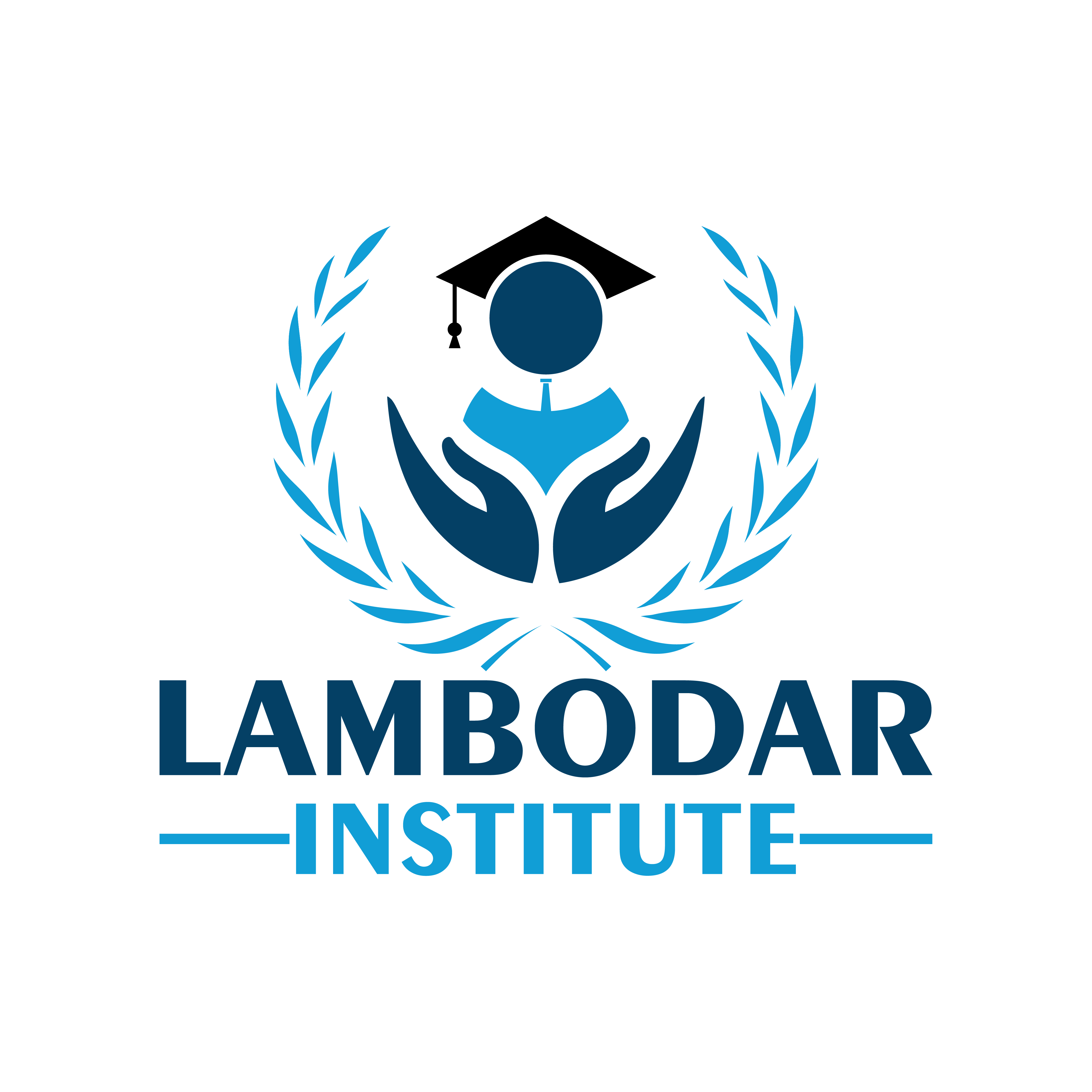B.Voc in Cardiac Care Technology – Three-Year Bachelor’s Program
The Bachelor of Vocation (B.Voc) in Cardiac Care Technology is a three-year undergraduate program designed to train students in the specialized field of cardiac care. This course prepares aspiring healthcare professionals to assist cardiologists and manage the technology and procedures related to diagnosing and treating heart conditions.
Program Overview
Cardiac care technicians play a crucial role in the healthcare system by supporting the diagnosis and treatment of cardiovascular diseases. They work alongside physicians to conduct and monitor diagnostic procedures like ECG, ECHO, TMT, and Holter monitoring, as well as provide assistance during invasive and non-invasive cardiac procedures.
This B.Voc program offers a unique combination of academic learning and hands-on training, enabling students to gain both theoretical knowledge and practical skills necessary to thrive in a clinical environment.
Curriculum Highlights
The curriculum is aligned with the National Skills Qualification Framework (NSQF) and emphasizes skill development integrated with real-world healthcare exposure. Key areas of study include:
Human Anatomy and Physiology
Fundamentals of Cardiac Care
Basics of Electrocardiography (ECG) and Echocardiography
Cardiac Emergency Procedures
Pharmacology and Medical Terminology
Cardiac Monitoring and Diagnostic Tools
Operating and Maintaining Cardiac Equipment
Assisting in ICU, Cath Lab, and during cardiac surgeries
Patient Care and Ethics
Infection Control and Biomedical Waste Management
Program Structure & Exit Options
The B.Voc program includes multiple entry and exit points:
After 1 year – Diploma in Cardiac Care Technology
After 2 years – Advanced Diploma in Cardiac Care Technology
After 3 years – B.Voc Degree in Cardiac Care Technology
This flexible structure ensures that students are certified and employable even if they choose to exit before completing all three years.
Career Opportunities
Graduates of this program can pursue careers in:
Cardiology departments of hospitals and clinics
Cardiac catheterization laboratories
Intensive Care Units (ICU/CCU)
Diagnostic centers
Emergency and trauma care units
Medical equipment companies
Health technology services
With further training and experience, students can advance into roles such as senior cardiac technician, cardiac technologist, or even move into healthcare management or academic roles.
D.VOC (Diploma in Vocation) Courses
Courses Available (With Duration and Fees):
| Course Name | Duration | Annual Fees | Total Fees |
|---|---|---|---|
| Medical Lab Technician (DMLT) | 2 Years | ₹40,000 | ₹80,000 |
| Operation Theatre Technician (OTT) | 2 Years | ₹40,000 | ₹80,000 |
| Radiology Technology | 2 Years | ₹40,000 | ₹80,000 |
| Dialysis Technician | 2 Years | ₹40,000 | ₹80,000 |
| General Duty Assistant (GDA) | 1 Year | ₹40,000 | ₹40,000 |
B.VOC (Bachelor of Vocation) Courses
| Course Name | Duration | Annual Fees | Total Fees |
|---|---|---|---|
| Medical Lab Technology (MLT) | 3 Years | ₹50,000 | ₹1,50,000 |
| Radiology & Imaging Technology | 3 Years | ₹50,000 | ₹1,50,000 |
| Operation Theatre Technology | 3 Years | ₹50,000 | ₹1,50,000 |
| Dialysis Technology | 3 Years | ₹50,000 | ₹1,50,000 |
| Nutrition & Dietetics | 3 Years | ₹30,000 | ₹1,00,000 |
| Optometry | 3 Years | ₹65,000 | ₹1,65,000 |
M.VOC (Master of Vocation) Courses
| Course Name | Duration | Annual Fees | Total Fees |
|---|---|---|---|
| Medical Lab Technician (MLT) | 2 Years | ₹45,000 | ₹90,000 |
| Radiology & Imaging Technology | 2 Years | ₹45,000 | ₹90,000 |
| Operation Theatre Technology | 2 Years | ₹45,000 | ₹90,000 |
| Dialysis Technology | 2 Years | ₹40,000 | ₹80,000 |
| Healthcare Management | 2 Years | ₹30,000 | ₹65,000 |
Additional Charges (If Applicable)
| Particulars | Charges |
|---|---|
| Registration Fee (One-time) | ₹1,000 – ₹3,000 |
| Examination Fee (Annual) | ₹1,500 – ₹3,000 |
| Uniform / Lab Coat | ₹1,000 – ₹2,000 |
| Study Materials & Books | ₹2,000 – ₹4,000 |
| Hospital Visits | ₹3,000 – ₹5,000 |




